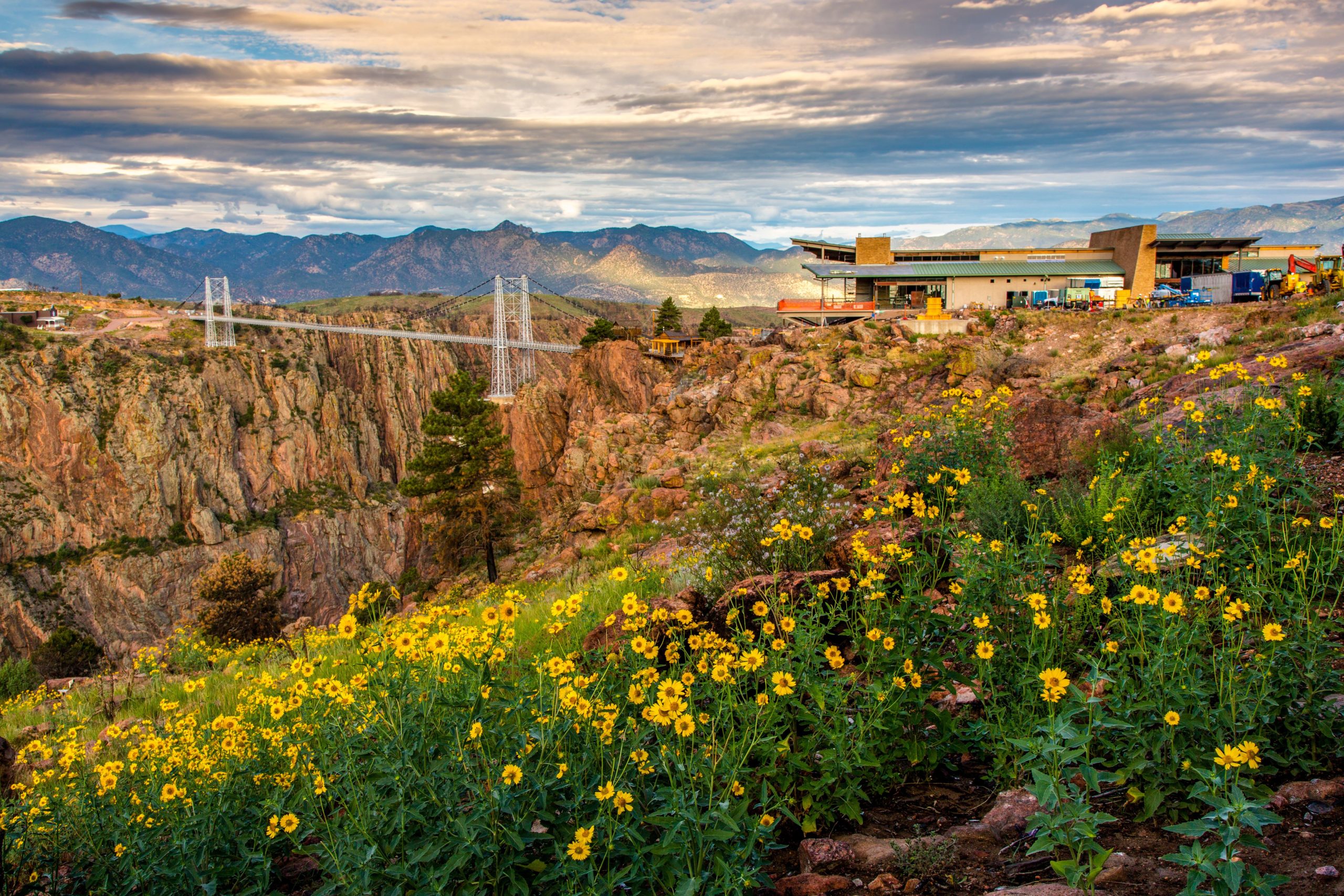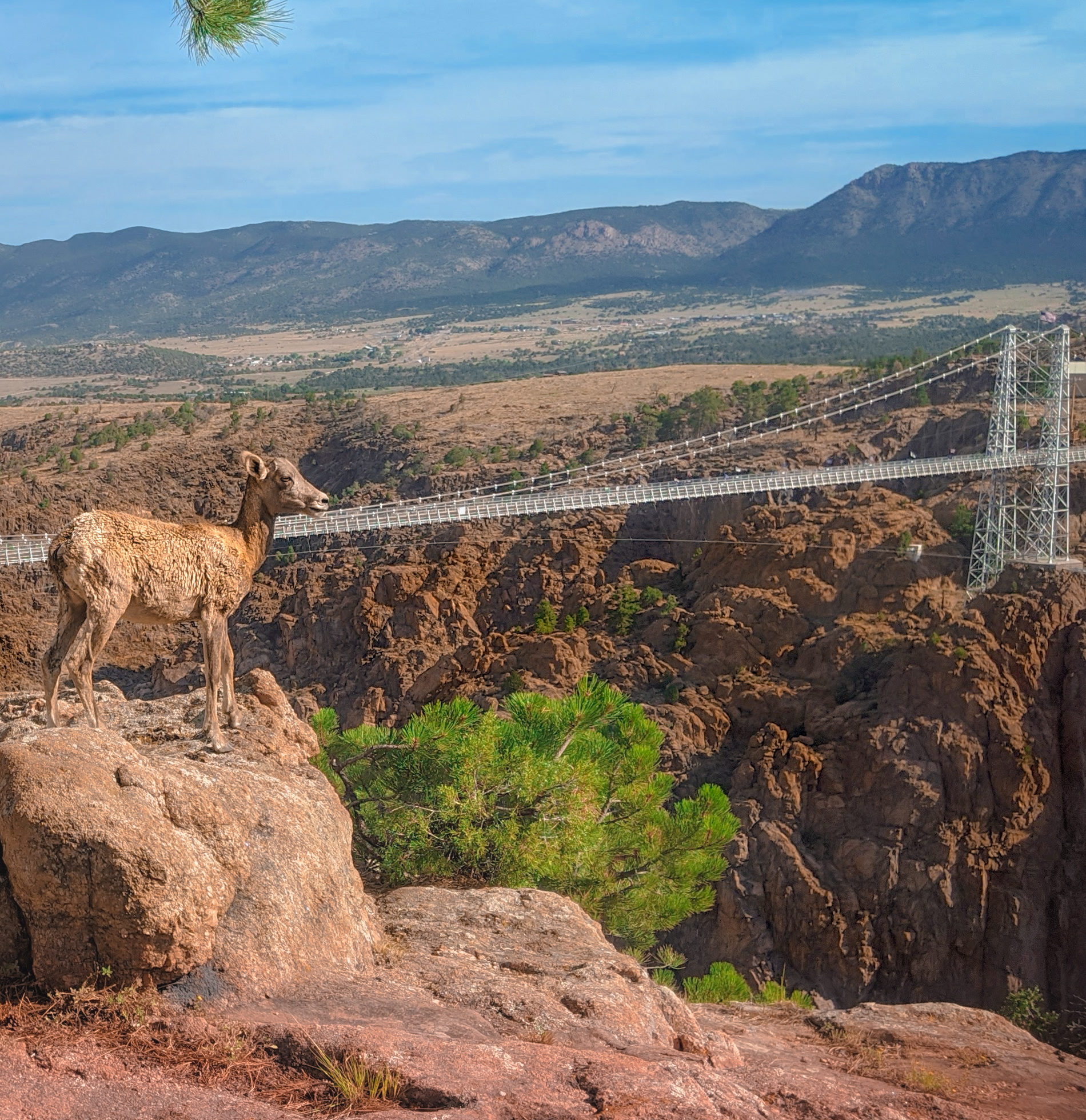
How to be Colo-Ready in the Colorado Outdoors
Respecting Colorado’s Outdoors
Colorado is a haven for outdoor enthusiasts. From hiking and biking trails to scenic byways that wind through mountain passes or along the Continental Divide, Coloradans have it all! But with so many visitors coming into our state each year (over 85 million!), we need you guys to be responsible about how much impact your visit can potentially leave behind. Here are some of the best ways to leave little trace on Colorado’s environment while you enjoy all its natural beauty.

Practicing Leave No Trace principles and making efforts to be a respectful adventurer ensures the mountains, valleys, and all natural landscapes of Colorado flourish for years to come. With millions of hikers, mountain bikers, climbers, campers, and all other types of adventurers, Colorado’s natural landscapes can take a hard hit if the proper recreation responsibilities are ignored. Be a rad traveler in Colorado by always hiking on designated trails, camping on established campsites, disposing of waste properly, never picking wildflowers, and staying a safe distance away from wildlife.
Leave No Trace in Colorado’s Outdoors
One of the most well-known outdoor organizations is Leave No Trace. This organization works with outdoor spaces to ensure its users are acting ethically and responsibly to keep natural environments protected and sustainable. Colorado has always welcomed adventurers but recently has seen effects of those who do not pay attention to their impact on these delicate ecosystems. The seven Leave No Trace principles are as follows:
1. Plan ahead and prepare: Detailed planning and preparation gives backcountry travelers the ability to stay safe in Colorado’s outdoors. Planning your route, camping area, and waste disposal allows for backcountry adventurers to leave minimal impact on the native lands.
2. Travel and camp on durable surfaces: Be sure to only hike, bike, drive, and camp on designated trails, roads, and campsites. This principle ensures outdoor users avoid damaging delicate lands and waterways. If trampled repeatedly, natural landscapes become damaged beyond recovery due to soil erosion and damaged vegetation.
3. Dispose of waste properly: All waste, including human and pet waste, should never be left behind in natural spaces. Proper waste disposal keeps water sources clean, allows others to enjoy the natural land, and keeps disease from spreading in Colorado’s environments. It is important that every outdoor user does their part to ensure trash and human waste does not infiltrate delicate ecosystems or harm wildlife.
4. Leave what you find: Always leave what you find and leave areas as you found them. Do not take plants or rocks from their natural environment. Digging trenches or clearing an area of pine needles and pine cones disrupt the natural process of the environment.
5. Minimize campfire impacts: Wildfires are one of the biggest fears among those who call Colorado their home. Each summer, inappropriate use of campfires causes damaging wildfires. Instead of building a campfire, use camping equipment such as stoves to cook with and dress in proper gear to stay warm.
6. Respect wildlife: When spotting wildlife in Colorado, it is important to keep a safe distance for everyone’s safety. Never pursue, touch, feed, or force wild animals to flee. Disturbing wildlife in their natural habitat causes immense stress on them, which can hinder their ability to withstand their natural environment.
7. Be considerate of others: Always show consideration for others on the trail. Outdoor ethics include courtesy of other users so we can all foster a kind community of adventurers. Keep noise levels low, keep pets on leash, and respect areas as others like you have come to enjoy.
If you would like to read more about how to Leave No Trace, visit their website.
Tens of millions of visitors come to Colorado year-round for outdoor experiences. With every footprint on the trails and every tent set up in the mountains, each visitor is impacting the natural environment. There are several efforts we all can make to do our part in keeping Colorado beautiful and flourishing. If you are unsure how to leave a minimal impact on your hike or camping trip, read more in this blog for responsibilities we all share as Colorado adventurers.
Other Colorado Adventure Tips
There are plenty of other considerations to make when embarking on an outdoor adventure in Colorado along with Leave No Trace principles. For example, summer days can bring extremely hot temperatures and cloudless skies in the Royal Gorge Region. Be prepared by packing enough water for every member of your group. Always wear sunscreen and pack extra to avoid sunburns on your outdoor adventure.
The first thing you should do regarding your trip into Colorado’s backcountry is to plan. Find maps at visitor centers to discover designated camping sites, 4×4 roads, and hiking trails so you know where you are going. Without taking the time to map out your adventure, it is likely you will be stuck in the dark with no phone service and end up camping on fragile lands. Be sure you are aware of the city or county’s fire restrictions in place, especially if you plan to have a campfire. If burn bans are in place, be respectful of the dangerous fire conditions by not having a campfire. Instead, pack a camp stove to cook your meals and ensure you have the proper gear to stay warm overnight in Colorado’s backcountry.

